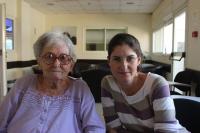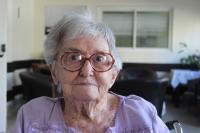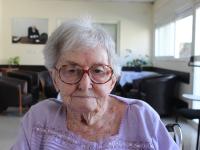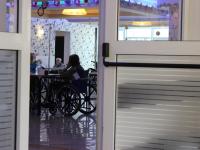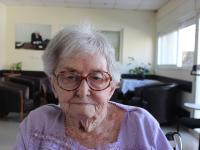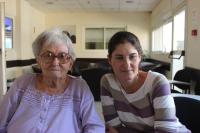We knew that our parents hadn’t survived and that we didn’t have any home there, yet
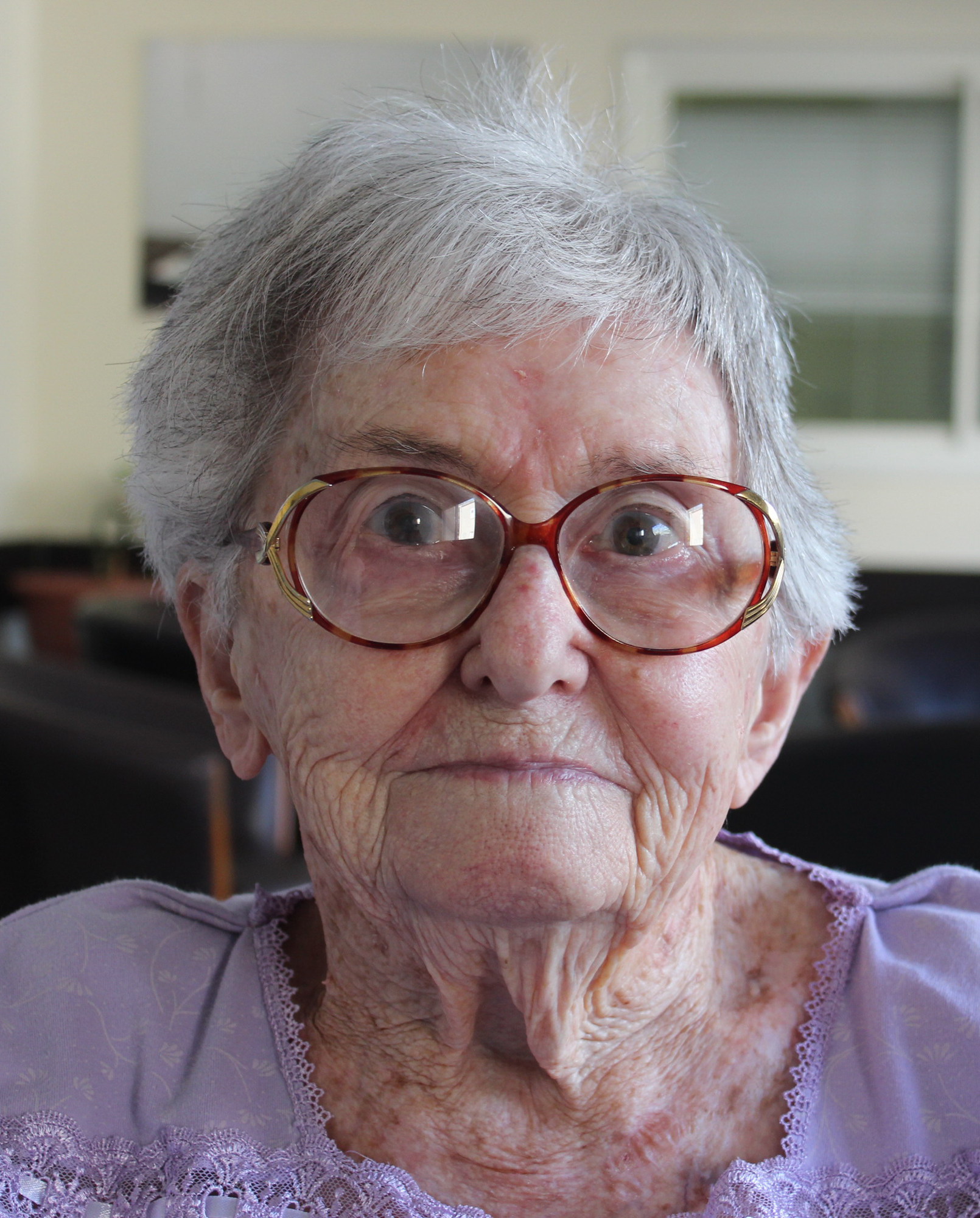
Download image
Věra Wiener, née Ledererová, was born in 1923 into a Jewish family in Volyně in the south of Bohemia. Her father had a store selling animal furs and her mother taking care of the household. Věra at first attended elementary school and in 1934 left to Strakonice to continue her studies at a grammar school. However, in 1939 she had to suspend her studies and leave the school on racial grounds. Since her childhood, she was a member of the Zionist organization Techelet Lavan and in 1939 she was accepted to the Aliyah School in Prague. At this school, students were being prepared for leaving to Palestine – they studied Hebrew and Jewish history. Thanks to the Aliyah School, Věra was able to leave Bohemia in September 1939 and travel to Denmark, where she settled for a time and worked in agriculture. With the threat of a deportation of the Dutch Jews looming, Věra left Denmark in 1943 together with her future husband and they went to Sweden. She spent the rest of the war in Sweden working in agriculture. By the end of the war, both of her parents and her younger sister had perished in Auschwitz. Thus she never went back to her native Czechoslovakia. She stayed in Sweden till 1955 and then left to Haifa in Israel. In the beginning, she worked in a Kibbutz. Presently, Věra lives in a home for the elderly in Nahariya in Israel.
